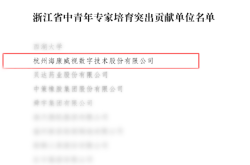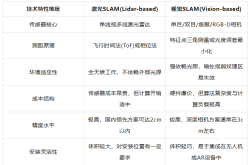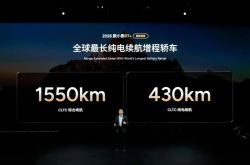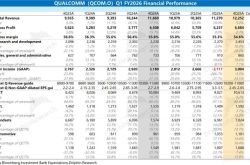Huawei's HarmonyOS Triumphs! It Secures Third Place Globally with a 4% Market Share
![]() 09/24 2025
09/24 2025
![]() 586
586
At present, the top three smartphone operating systems on the global stage are Android, Apple's iOS, and Huawei's HarmonyOS.
Recently, a renowned research institution unveiled the market share distribution of these three mobile operating systems as of the second quarter of 2025.
As depicted in the chart below, Android commands a 79% share, iOS holds a 17% share, and HarmonyOS accounts for 4%.
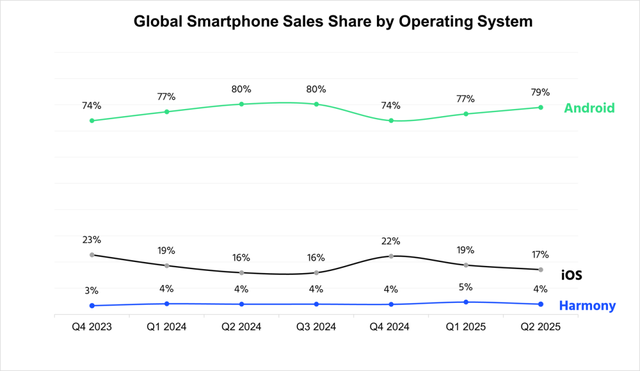
Moreover, over the past two years, Huawei's HarmonyOS has consistently maintained a market share of around 4%. Meanwhile, Android has remained stable within the 75-80% range, and iOS has fluctuated slightly but stayed steady between 16-20%.
It is clear that a tripartite balance of power has been firmly established in the global mobile operating system landscape. Huawei's HarmonyOS has already made significant strides and can no longer be overshadowed by Android or iOS; it has truly found its footing.
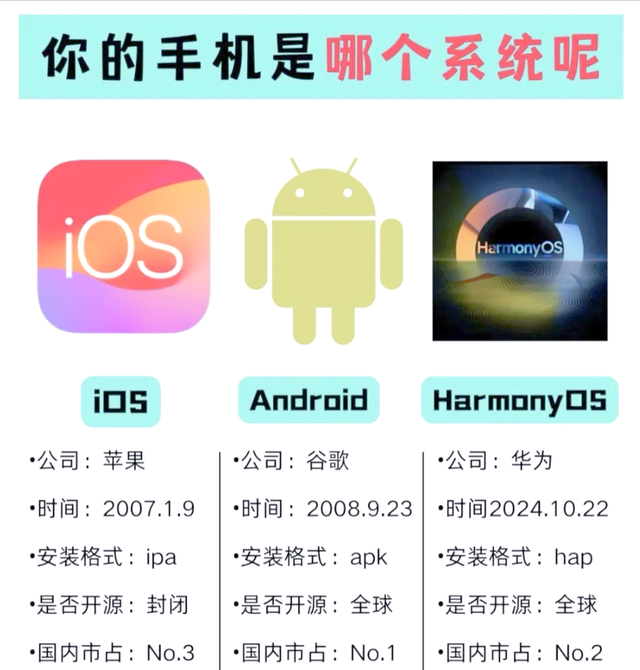
Furthermore, Huawei has recently officially announced the Kirin chip, signaling that the Kirin chip is poised for a breakthrough. Subsequently, Huawei's smartphone shipments are expected to increase, leading to a higher market share.
In fact, reaching this stage was no easy feat for Huawei's HarmonyOS. In 2019, Huawei launched HarmonyOS, but initially, it was only applicable to smart screens, not smartphones.
Gradually, its application expanded from smart screens to watches, fitness bands, IoT devices, tablets, automobiles, and eventually smartphones. In the early stages, due to ecosystem limitations, it could only support Android apps.
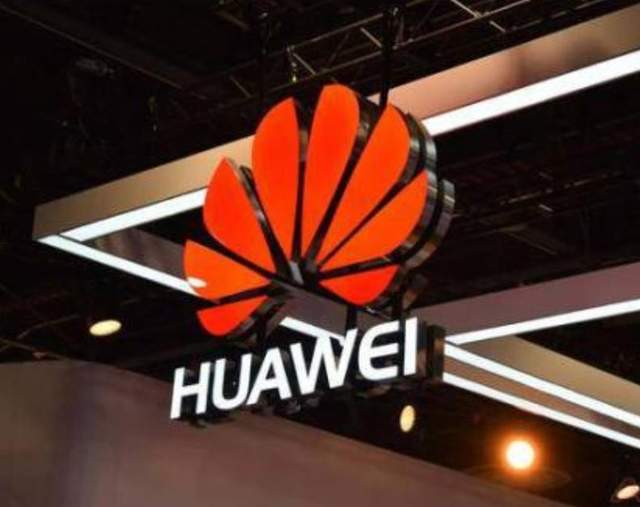
It wasn't until later that Huawei introduced HarmonyOS NEXT, the pure-bred version, which completely severed its dependence on Android and achieved true independence. It has now evolved into an independent and genuinely autonomous system capable of competing with Android and iOS on equal footing.
Today, HarmonyOS already boasts tens of thousands of pure-bred apps, covering the vast majority of user needs and meeting the requirements of the vast majority of users, accounting for 99% of usage time. Meanwhile, HarmonyOS has also extended its reach from smartphones to computers, truly fulfilling what Yu Chengdong once proudly proclaimed—unification.
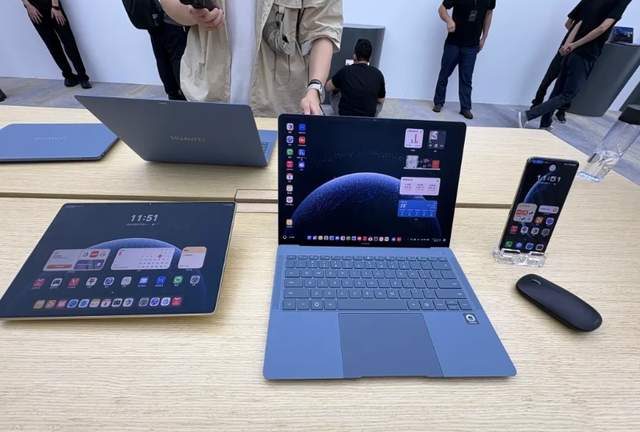
However, while HarmonyOS has achieved remarkable success, we must still calmly acknowledge that its current development is primarily concentrated in the domestic market. To truly compete with Android and iOS on a global scale, it ultimately needs to expand internationally and establish a strong presence in overseas markets. This represents one of the crucial future developments for HarmonyOS.



